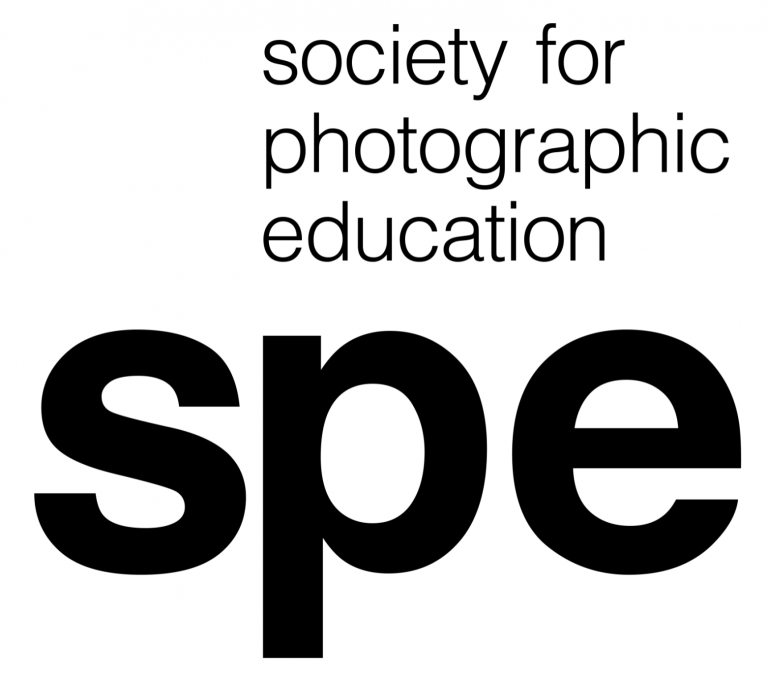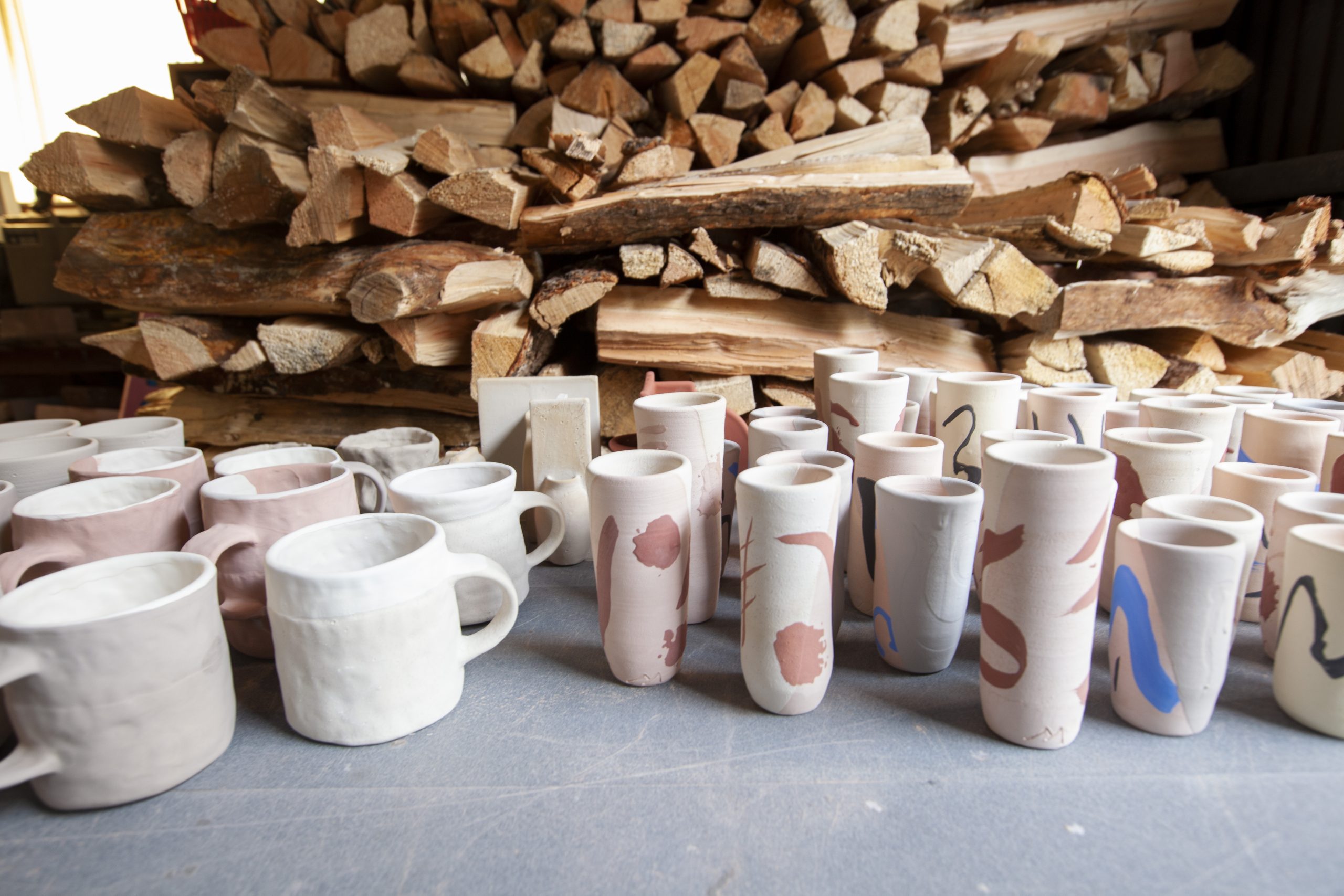Photography & New Media
Code: P0817-24
-
II
Level II
Photography students have a basic understanding of photography principles and technology and are comfortable using an SLR camera in manual mode. New Media students have a basic understanding of video, multimedia or animation software. Students have basic computer skills and are comfortable using a Macintosh computer.
-
III
Level III
Photography students have some formal training and significant experience making, capturing and digitally processing images using Adobe Lightroom and/or Adobe Photoshop. New Media students have some formal training in conceptual and technological aspects of video, multimedia, coding or animation and are versed in the appropriate software applications. Students have a portfolio of their artwork.
-
IV
Level IV
Photography students have advanced skills and knowledge of photography and digital image processing. New Media students have advanced skills and knowledge of video, multimedia, coding or animation. Students are self-motivated and have multiple portfolios of their artwork.
The Photo Book
Jul 22 - 26, 2024
9AM - 5PM
Concept
This week-long workshop is designed for photographers and artists with an existing body of work that they want to fashion into a cohesive book. The course is divided into two parts: editing the sequence of the work and designing the book itself, and then producing a unique, hand-printed, hand-bound maquette. Special attention is paid to individual design elements, printing quality, and binding techniques. Students also engage in lectures and discussion on the history of photographic books.
Media & Techniques
Lectures, discussions, demonstrations, Adobe Lightroom, Adobe Photoshop, Adobe InDesign
Supply ListFaculty

Matthew Monteith
Matthew Monteith earned an MFA from the Yale University School of Art and is the recipient of the Rome Prize, a Fulbright, and a Pollock-Krasner fellowship. His monograph, Czech Eden, was published by Aperture and his work has been widely exhibited. He is a professor at Massachusetts College of Art and Design.

Join Waitlist for The Photo Book
Thank you for your interest in the waitlist. When space in a workshop or program becomes available, registration will open on the website. Everyone on the waitlist will be emailed to alert them of the opening. This ensures that everyone has an equal opportunity to register for the workshop or program.
Photography & New Media
Photography has always been a vital part of Anderson Ranch, one in which students explore visual storytelling through a variety of contexts and concepts. The program has uniquely evolved to focus on both traditional photography and new media— making it one of the only workshop settings of its kind. Three floors of the Fischer Photography Center house state-of-the-art equipment, including three photography studios, two Mac labs, a traditional darkroom, and a lighting studio with strobe and continuous lighting for photography and video.
All Photography workshops are rooted in the same idea—powerful art requires rigorous inquiry of techniques and ideas. We focus on technical skills, content and critical dialog. Students have access to color-managed media labs equipped with 24-inch iMacs, flatbed and film scanners, Epson printers, and cutting-edge software including Adobe Creative Cloud. When appropriate, students utilize strobe and tungsten lighting equipment, seamless backdrops, green screen, audio and video recording equipment and Epson large-format printers.
The Ranch Photography and New Media team creates an inspiring environment, allowing artists of all levels to explore lens-based media and the journey of artistic discovery in the unparalleled setting of the Colorado Rockies.


Anderson Ranch is happy to extend a tuition discount* in one- and two-week adult photography and new media summer workshops** for members of SPE and the Center for Fine Art Photography at the student membership level or above. Please email reg@
Workshop Details
Workshop Supplies
For general information about studio access, shipping, and more, please visit our info page.
If you have any questions regarding your supplies for your workshop, please contact Esther Macy Nooner, [email protected].
Lodging & Meals
Housing is limited and includes shared and private lodging options. Reservations will be managed on a first-come, first-served basis. The earlier you reserve housing, the better your chance of receiving your preferred option. Please note: Workshop costs do not include accommodations.
NEW: Tuition includes a welcome dinner and lunches. In our effort to foster a stronger sense of community and accessibility at Anderson Ranch, we include the welcome dinner and all lunches as part of the tuition for summer workshop students. Our hope is that this adjustment will encourage all students to come together to share meals and engage in meaningful conversations. The Ranch Café Meal Plan, which is included with Room and Board fees, strives to provide healthy, creative meals that will nourish your artistic creativity. Learn more.
We have established a Business Safety Plan with added layers of precaution that prioritize the health and safety of our staff, students, faculty and guests while continuing to provide you with the Anderson Ranch experience that you know and enjoy.

Scholarships, College Credit & Discounts
Making Art Accessible
Applications for scholarship support are encouraged. Specific scholarships are funded by Ranch supporters, either through endowed funds or special gifts.
Many colleges and universities offer college credit for workshops taken at Anderson Ranch. Discounts are available for students and teachers.
You Might Also Be Interested In

-
O
Open to All
Students of any skill and knowledge level.
Jun 2 - 6, 2025
9AM-5PM
Photographic Collage: An Exploration of Photography and Painting
Kate Leonard
Tuition $1,430
Code P0103-25
Join an engaging exploration of the synthesis between two distinct art forms: photography and painting. Students discover transfer techniques that integrate photographic images and text directly onto painted surfaces, resulting in intriguingly layered works. Participants explore traditional collage and photomontage, and master new methods that allow for opaque and translucent layers. Reductive methods, such as sanding and scraping, reveal the history of earlier photographic layers and suggest an archaeological approach to image development. The workshop emphasizes experimentation and exploratory approaches. Students produce a portfolio of physical examples of all techniques.

-
I
Level I
Students are new to photography and new media and have no formal training in photography, video, multimedia or animation. Students have basic computer literacy.
-
II
Level II
Photography students have a basic understanding of photography principles and technology and are comfortable using an SLR camera in manual mode. New Media students have a basic understanding of video, multimedia or animation software. Students have basic computer skills and are comfortable using a Macintosh computer.
Jun 9 - 13, 2025
9AM-5PM
The Eloquent Image
Keith Carter
Tuition $1,380
Code P0205-25
Ignite or rekindle the creative spirit while deepening understanding of what makes work truly meaningful. Tailored for serious amateur and professional photographers, this workshop aims to help students find harmony between practical and creative pursuits. Through re-examining personal creative processes, we explore the narrative, aesthetic, and emotional dimensions of image-making, uncovering fresh paths for creative growth. Our shared goal is to guide each participant in developing or refining their unique style, making fine art, commercial, or amateur work more passionate, purposeful, and fulfilling.

-
O
Open to All
Students of any skill and knowledge level.
Jun 9 - 13, 2025
9AM-5PM
Photography Meets Printmaking: From Image to Screen
Kate Leonard
Tuition $1,405
Code P0204-25
Dive into image-making and screen printing through the Riso MiScreen silkscreen technique, where creativity meets exploration. This innovative, direct image-to-screen print method invites students to experiment with bold graphic text and imagery while layering them onto collage panels alongside expressive, painterly marks. The technique is perfect for artists eager to take risks, push boundaries, and discover the possibilities of integrating silkscreen's iconic graphic style into their own artistic practice. With its versatility, this approach encourages hands-on exploration, making it a gateway for students to experiment and grow creatively.









